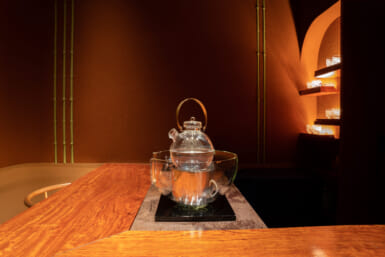In this week’s news roundup, we report on the Israel-Hamas War. On Monday night, a resolution proposed by Russia calling for a humanitarian ceasefire in Gaza was rejected by the UN Security Council, mainly because the text made no mention of the extremist group, Hamas. Requiring nine “yes” votes, it received just five. Six countries abstained and four voted against it, including Japan. The following day, an explosion hit the Al-Ahli Hospital in Gaza city, killing around 500 people.
Also this week, we have the latest on Russia’s decision to ban all Japanese seafood imports. The Japanese government gives railway operators the green light to raise prices during holiday seasons and on weekends. The Unification Church hits back at the Japanese government’s decision to request a court order to dissolve the group. And Ibaraki is labeled as Japan’s least attractive prefecture again. In men’s soccer, Japan extended their winning streak to six games by beating Tunisia.
UN Security Council Rejects Two Resolutions on Israel-Hamas Conflict
On Tuesday evening in Gaza city, the crowded Al-Ahli Hospital was bombed, tragically killing at least 500 people. A few hours before the attack — which Israeli and Palestinian officials continue to blame on each other — Russia proposed a resolution, calling for a humanitarian ceasefire in the region. Only four other countries — China, United Arab Emirates, Gabon and Mozambique — voted in favor of the resolution, meaning it missed out on the nine “yes” votes needed.
Six nations abstained, while the U.S., France, the U.K. and Japan all said no. The main reason was that the text made no mention of Hamas. On Wednesday, a second resolution that did condemn the “heinous terrorist attacks by Hamas,” was proposed by Brazil. Japan was one of the 12 members to vote in its favor, while Russia and the U.K. abstained. America vetoed the resolution, however, as it failed to mention Israel’s right to defense.
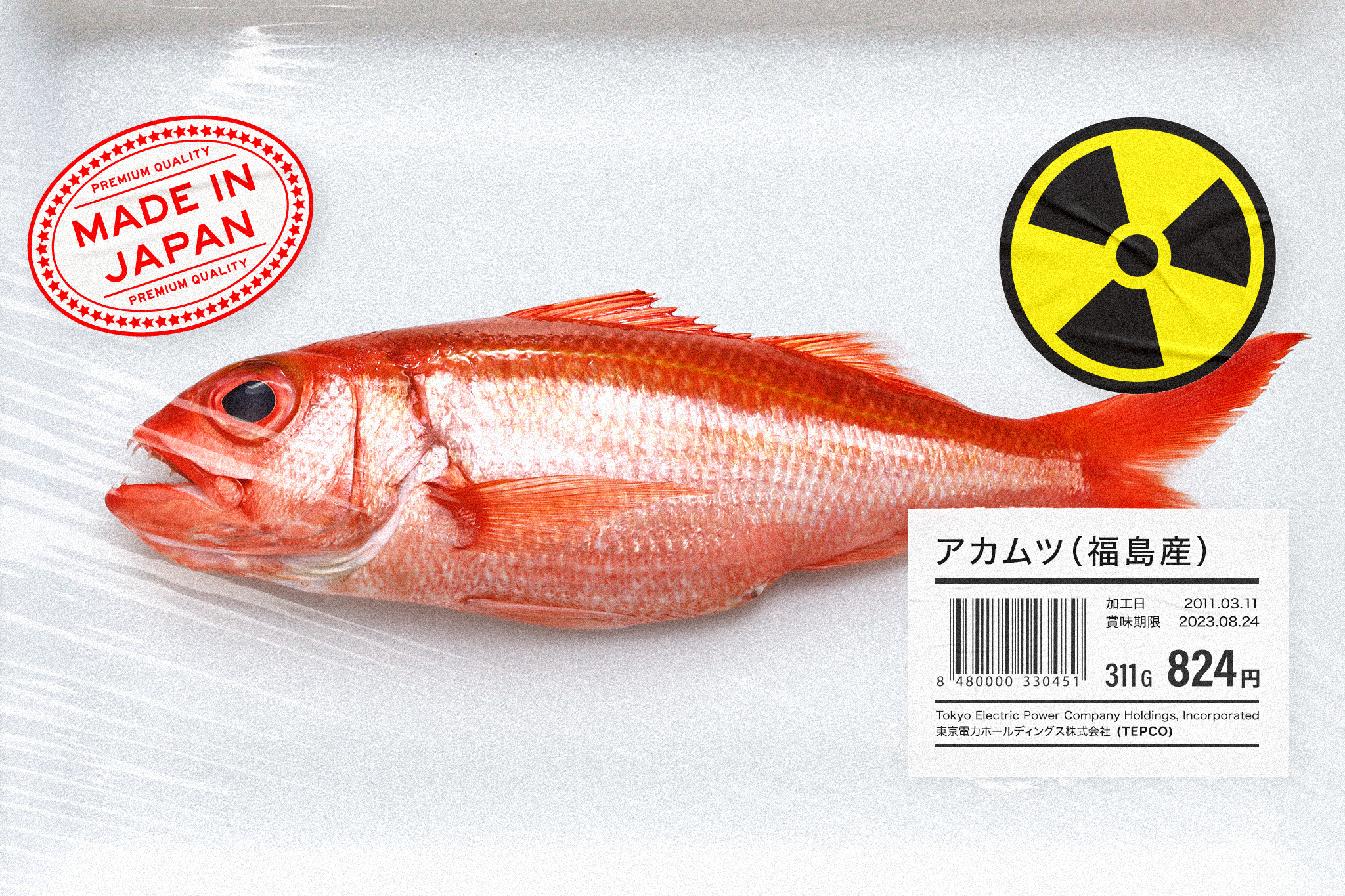
Japanese seafood is now banned in Russia and China
Russia Bans Japanese Seafood Imports
Russia has decided to join its ally China in banning all Japanese seafood imports. Its agricultural watchdog Rosselkhoznadzor made the announcement on Monday, almost two months after the Fukushima Daiichi Nuclear Power Plant began releasing treated radioactive wastewater into the ocean. According to Russia, the restrictions are a “precautionary measure” and will remain in place until the country can verify that the seafood meets its safety standards. Unsurprisingly, Japan criticized the ban.
“The decision by the Russian side is extremely regrettable, and we strongly demand its withdrawal,” the foreign ministry here said. “Japan continues to seek actions based on science.” The ministry added that it had provided the Russian embassy in Japan with transparent and scientific explanations regarding the safety of the water. Following a two-year safety review by the International Atomic Energy Agency (IAEA), the plant began discharging the wastewater in August. It’s expected to continue for around 30 years.
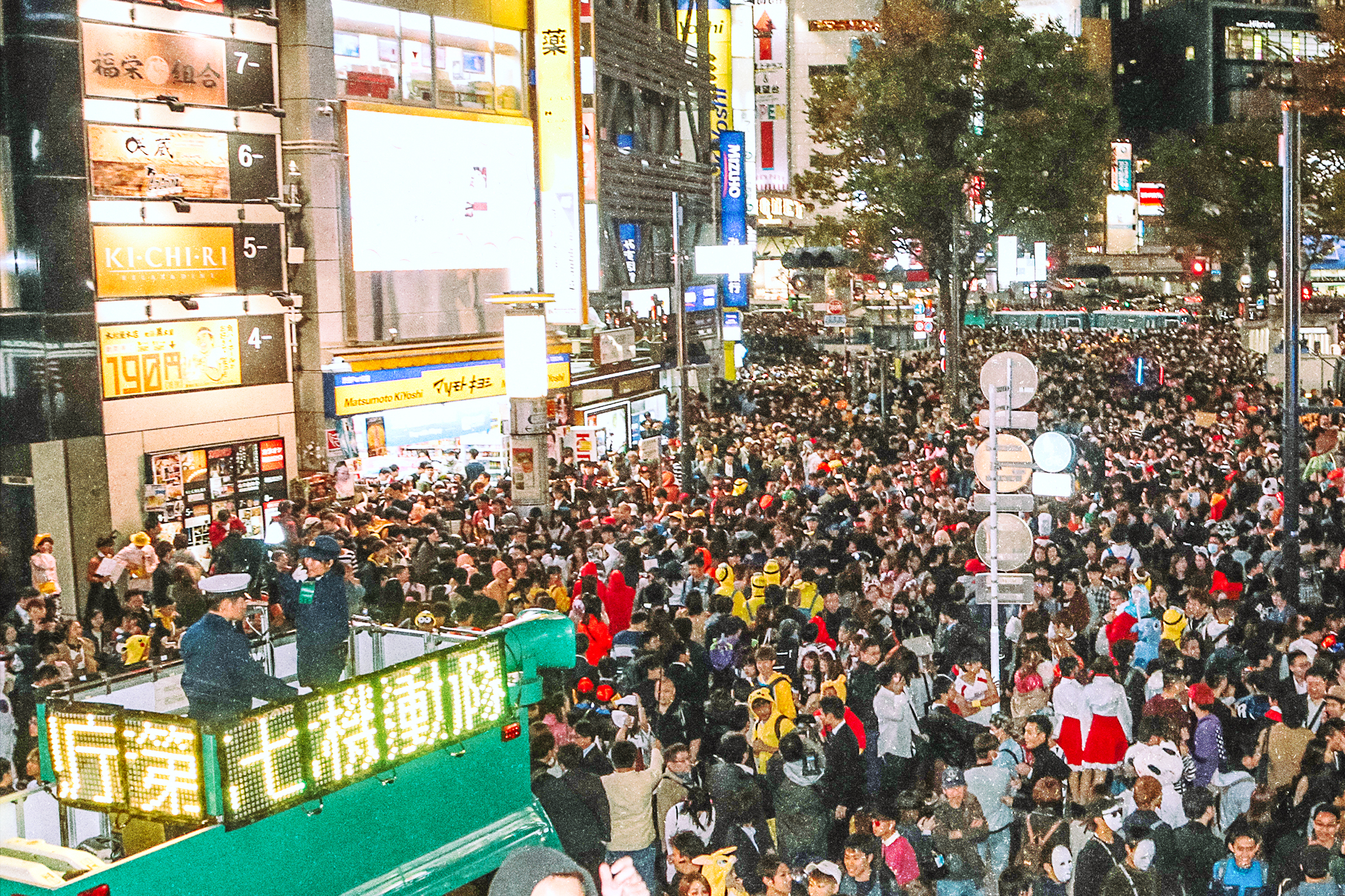
The Japanese government is concerned about overtourism
Foreign Visitors to Japan Close to Pre-Pandemic Levels
According to data from the Japan National Tourism Organization (JNTO), the number of foreign visitors to the country this September was 2.18 million, up around 200,000 from August. It represents 96.1% of the figure for the same month in 2019, prior to the outbreak of the COVID-19 pandemic. This is, of course, great news for the economy. JNTO figures showed that between July and September, overseas travelers spent close to ¥1.4 trillion, a quarterly record.
It’s not all positive, though. The bad news is “overtourism,” leading to issues such as pollution and heavy traffic. The Japanese government’s solution to the issue is to allow railway operators in tourist areas to raise fares on weekends and during holidays. Bus operators will also be allowed to charge more for tourist buses. Whether companies choose to introduce peak-hour pricing is then up to them. They will, however, need to reach an agreement with local authorities first.
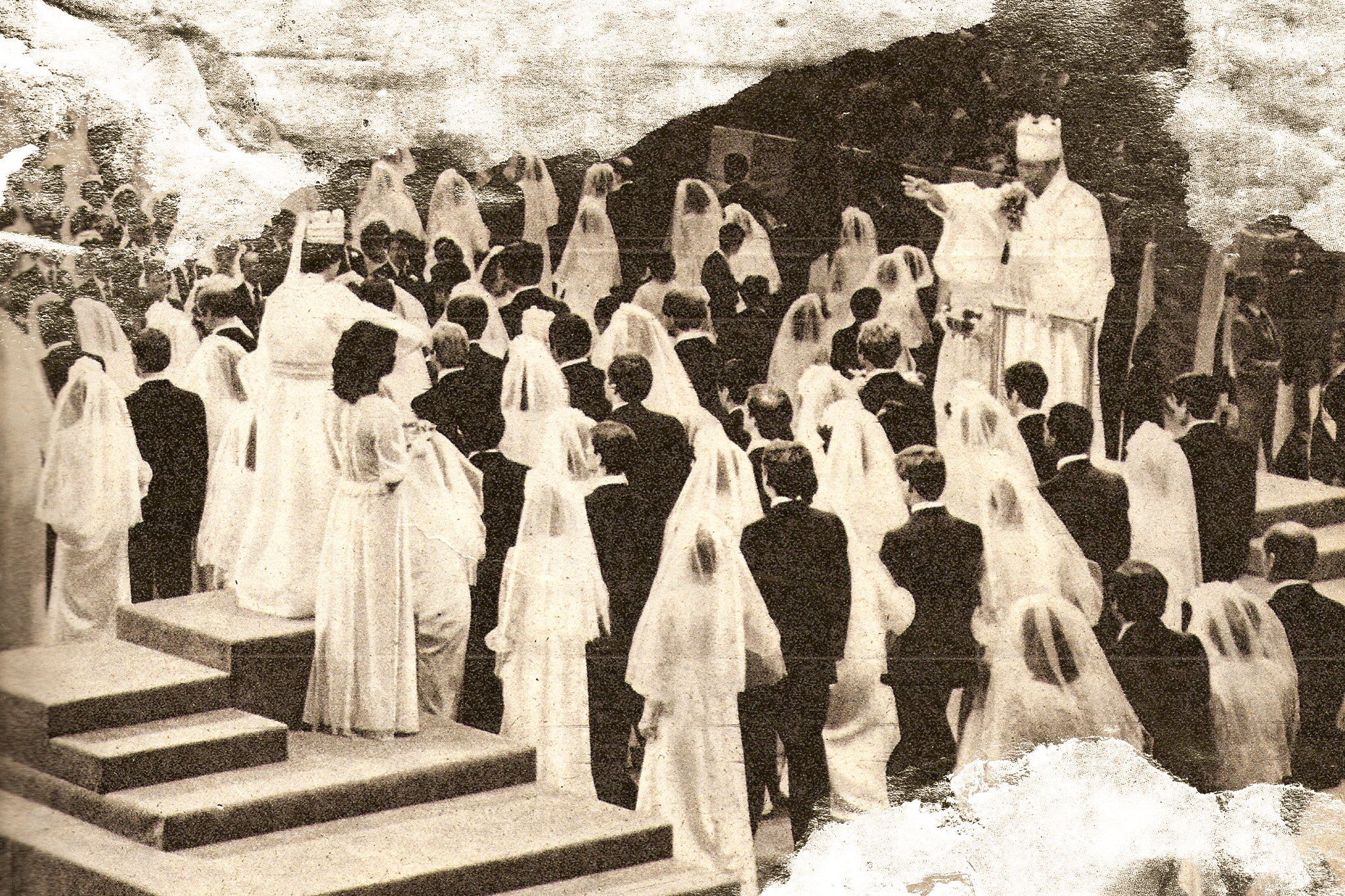
Mass weddings are a hallmark of the Unification Church
Unification Church Hits Back at Dissolution Request
The Japanese government’s request for a court order to dissolve the Unification Church is “a serious development not only for freedom of religion but also human rights.” That was the view of Nobuo Okamura, head of the legal affairs bureau of the church. He described the state’s actions as “extremely disappointing and regrettable.” In the same press conference, Nobuya Fukumoto, a lawyer for the church, claimed that the government hadn’t stated which law the organization had violated.
He vowed to fight the allegations “on all fronts.” The process, which will involve hearings from both sides, could take months or even years to finish. If the church — officially called the Family Federation for World Peace and Unification — is dissolved, it will still be able to operate, but will lose its tax exemption privilege as a religious organization. Whatever the outcome, the dissolution request has damaged the group’s image, says spokesperson Susumu Sato.
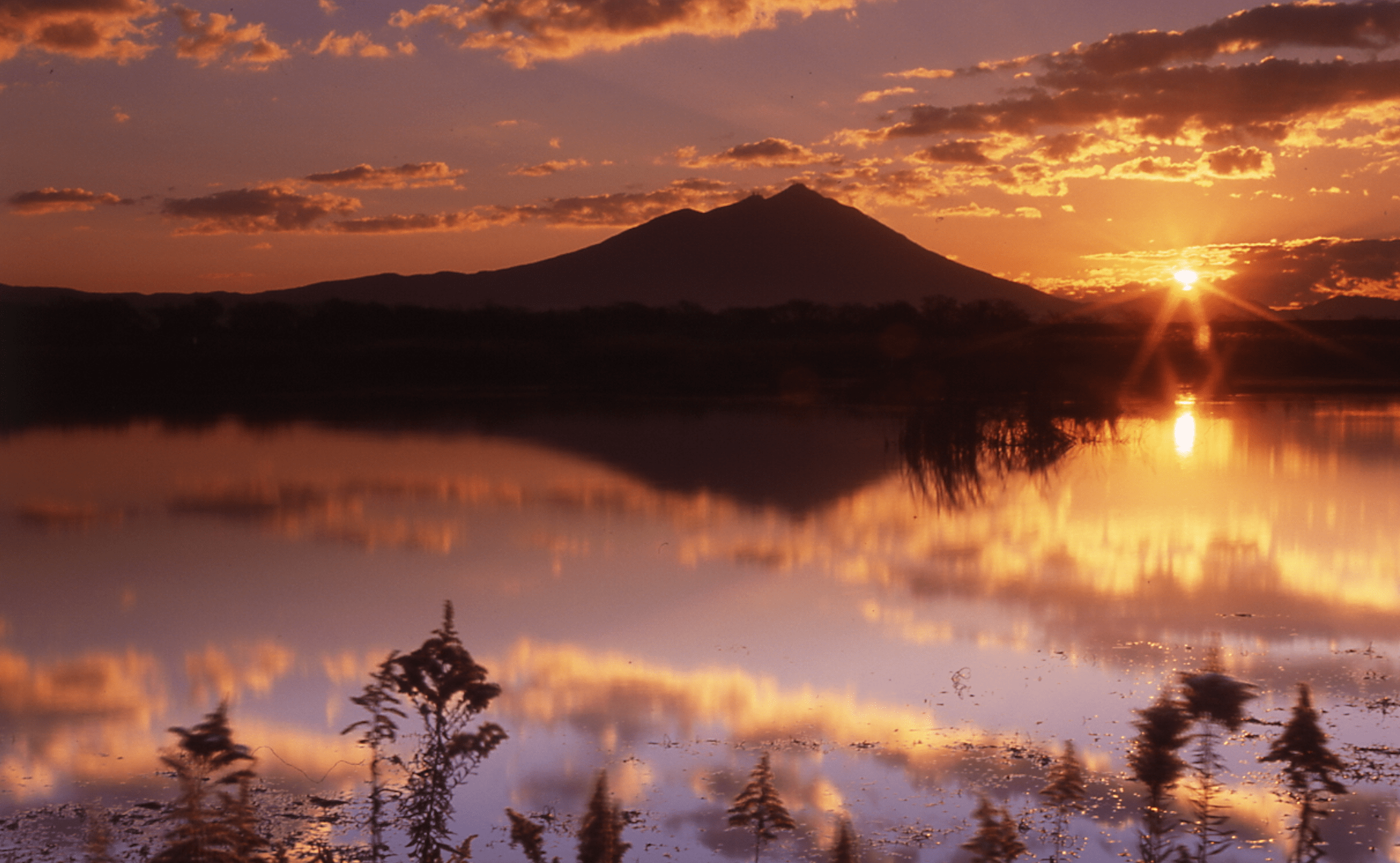
Mount Tsukuba | Ibaraki
Ibaraki Reclaims Title as Least Attractive Prefecture
For the 12th time since the survey began in 2009, Ibaraki was named as Japan’s least attractive prefecture. The findings of the questionnaire — conducted by the Tokyo-based firm Brand Research Institute between June and July of this year — were announced on Saturday. Having moved up to 46th place in 2022, Ibaraki slipped back down to its usual bottom position again, finishing 0.1 points behind last year’s least attractive prefecture, Saga.
At the top, Hokkaido was once again named as the country’s most attractive prefecture, retaining its title for the 15th consecutive year. As with the last two years, Kyoto finished second, ahead of third-placed Okinawa. Tokyo and Osaka also finished in the top five. Around 34,000 people responded to the survey, which is always conducted online. They’re asked a wide range of questions, regarding things such as recognition of the prefectures and willingness to go.

Baseball will return for the 2028 Olympics
Baseball and Softball Reinstated for 2028 Olympics
Japan’s baseball and softball teams will be given the opportunity to defend their Olympic crowns in 2028 as the two sports have been reinstated for the Los Angeles 2028 Summer Games. They were dropped for the Paris Olympics after making a return for the delayed 2020 event. The four other sports to be added are cricket, squash, lacrosse and flag football. Missing out this time are breakdancing, which debuts in France next year, karate, kickboxing and motorsports.
In men’s international soccer, Japan defeated Tunisia 2-0 on Tuesday to extend their winning streak to six games. Celtic forward Kyogo Furuhashi — returning to the Noevir Stadium where he played for Vissel Kobe — opened the scoring in the first half. Junya Ito then added a second after the break. Four days earlier, a brace from Ao Tanaka, one from Keito Nakamura and an own goal from Alphonso Davies earned the Samurai Blue a comprehensive 4-1 victory over Canada.









